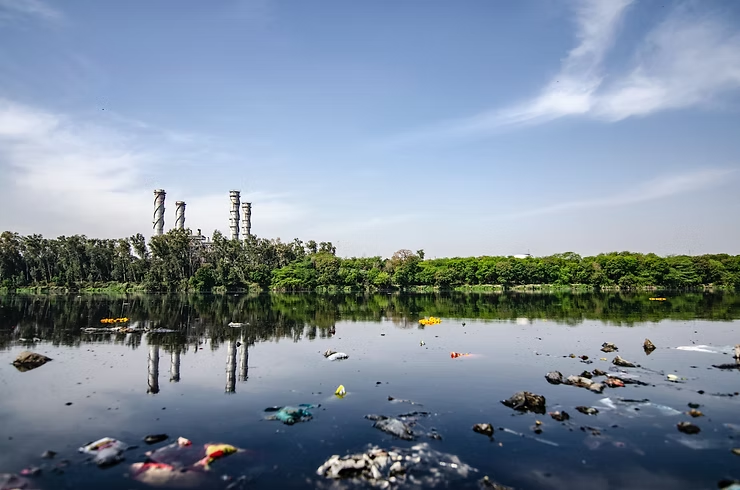Implementing Effective Waste Management Systems
Effective waste management systems are crucial for preventing marine pollution and protecting the health of our oceans. By managing waste properly, we can mitigate the harmful impacts of plastics, chemicals, and other pollutants on marine ecosystems.
Importance and Benefits of Waste Management
Marine Pollution
Improper waste disposal poses significant threats to marine biodiversity and water quality. Plastic debris, chemical pollutants, and other waste can harm marine life, disrupt ecosystems, and degrade the health of oceans.
Sources of Marine Pollution
Inadequate waste management practices on land, such as illegal dumping, insufficient recycling, and poor sewage handling, contribute to marine pollution. Waste from coastal areas, rivers, and urban centers often enters oceans through runoff and drainage systems.
Preventing Marine Pollution
Managing waste at its source is essential. Proper collection, sorting, and disposal reduce the amount of pollutants reaching the oceans.
Reducing Plastic Pollution
Waste management systems help address plastic pollution by promoting recycling, reducing single-use plastics, and ensuring proper disposal, protecting marine species from harmful debris.
Waste Segregation
Proper segregation of recyclables, organic waste, and hazardous materials ensures efficient handling, treatment, and disposal, reducing environmental risks.
Recycling and Reuse
Recycling programs and the reuse of materials divert waste from landfills, minimize resource extraction, and support a circular economy.
Waste-to-Energy and Resource Recovery
Technologies such as biogas production, composting, and resource recovery from waste streams reduce landfill use, generate energy, and recover valuable materials.
Public Awareness and Education
Community education encourages responsible disposal and recycling habits. Informed citizens play a key role in reducing ocean-bound waste.
Infrastructure and Facilities
Proper infrastructure, including collection systems, recycling centers, composting facilities, and hazardous waste treatment plants, is essential for effective waste management.
Collaboration and Stakeholder Engagement
Cooperation among governments, businesses, NGOs, and communities is vital for implementing comprehensive strategies and sharing best practices for waste management.
Legal Frameworks and Enforcement
Strong regulations and enforcement mechanisms ensure responsible waste practices, penalize illegal dumping, and encourage compliance.
Global Responsibility
Marine pollution is a transboundary issue. International cooperation is essential for addressing pollution, sharing solutions, and managing waste sustainably.
Conclusion
Implementing effective waste management systems is essential to prevent marine pollution. By reducing plastic waste, promoting recycling, and adopting sustainable waste practices, we can protect ocean ecosystems and ensure a healthy marine environment for future generations. This requires collaboration, education, investment in infrastructure, and commitment to responsible waste management at local, national, and global levels.

